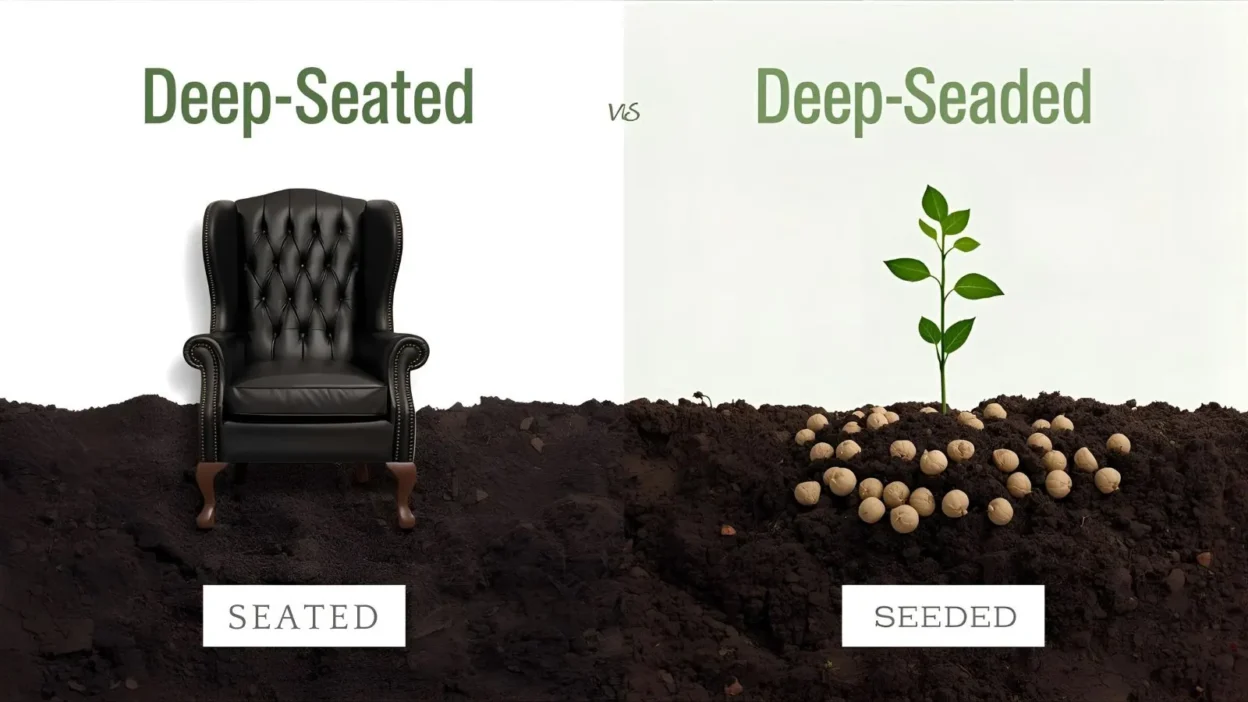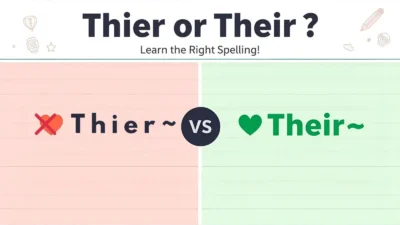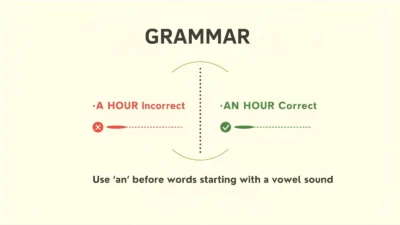Have you ever said “deep-seated” or “deep-seeded” and wondered which one is correct? You’re not alone — this mix-up confuses many students, writers, and professionals.
If you care about using the right words and sounding confident, this quick guide is for you.
I’ll explain whether it’s deep-seated or deep-seeded, what the phrase truly means, and how to use it correctly in everyday writing.
Deep Seeded or Seated – Quick Answer
The correct phrase is “deep seated.”
- ✅ Correct: She has a deep seated fear of failure.
- ❌ Incorrect: She has a deep seeded fear of failure.
“Deep seated” means something strongly rooted or firmly established.
The Origin of Deep Seated or Seeded
The phrase “deep seated” dates back to the 18th century. It comes from the idea of something being “seated” firmly or securely, not something that is “seeded” like a plant.
Over time, people started mishearing and writing it as “deep seeded” because of the connection to seeds growing deep in soil.
This mistake became so common that you’ll still see it in informal writing, but it is not correct in standard English.
British English vs American English Spelling
Unlike words such as color/colour or travelled/traveled, there is no spelling difference between British and American English for this phrase. Both use deep seated.
Comparison Table
| Version | Correctness | Usage Region | Example Sentence |
| Deep seated | ✅ Correct | US, UK, Global | The reforms faced deep seated resistance. |
| Deep seeded | ❌ Incorrect | Common mistake worldwide | The reforms faced deep seeded resistance. |
Which Spelling Should You Use?
- If you’re in the US: Always use deep seated.
- If you’re in the UK/Commonwealth: Use deep seated as well—it’s the only correct version.
- For global writing: Stick with deep seated to maintain professionalism.
Common Mistakes with Deep Seeded or Seated
- Mistake:Deep seeded tradition
- Correction: Deep seated tradition
- Correction: Deep seated tradition
- Mistake:Deep seeded emotions
- Correction: Deep seated emotions
- Correction: Deep seated emotions
- Mistake: Using “deep seeded” in professional emails.
- Correction: Replace with “deep seated” to avoid errors.
- Correction: Replace with “deep seated” to avoid errors.
Deep Seeded or Seated in Everyday Examples
- Email: Our company faces deep seated challenges in adapting to the market.
- News: The country’s deep seated divisions remain unresolved.
- Social Media: I have a deep seated love for coffee!
- Formal Writing: The proposal addressed deep seated structural problems.
Deep Seeded or Seated – Google Trends & Usage Data
Google Trends shows that “deep seated” is far more common worldwide. However, searches for “deep seeded” spike because people often check if it’s correct.
Usage Comparison Table
| Phrase | Popularity (Google) | Professional Acceptance | Example Use |
| Deep seated | Very high | 100% accepted | Academic, business, journalism |
| Deep seeded | Moderate (error) | Not accepted | Social posts, informal writing |
FAQs
1. Is it deep seeded or deep seated?
The correct phrase is deep seated.
2. Why do people say deep seeded?
It’s a mishearing because seeds grow deep in soil, but the phrase historically means “firmly seated.”
3. Can I ever use deep seeded?
No, not in formal writing. It’s always considered incorrect.
4. Do British and American English differ here?
No, both use “deep seated.”
5. What does deep seated mean?
It means strongly rooted, firmly established, or hard to change.
6. Is deep seated a metaphor?
Yes—it’s a figurative way to describe something firmly fixed, like an idea or emotion.
7. What’s a synonym for deep seated?
Entrenched, ingrained, or rooted.
Conclusion
The phrase “deep seated” is the only correct version, meaning something firmly established or difficult to change. While deep seeded may sound logical, it is a mistake that comes from mishearing.
Unlike other English spelling differences, both British and American English agree on this one.
To write clearly and professionally—whether in emails, essays, or business reports—stick with deep seated. It avoids confusion, shows credibility, and aligns with correct English usage worldwide.
Next time you see “deep seeded,” you’ll know it’s a common error, not an accepted spelling.



